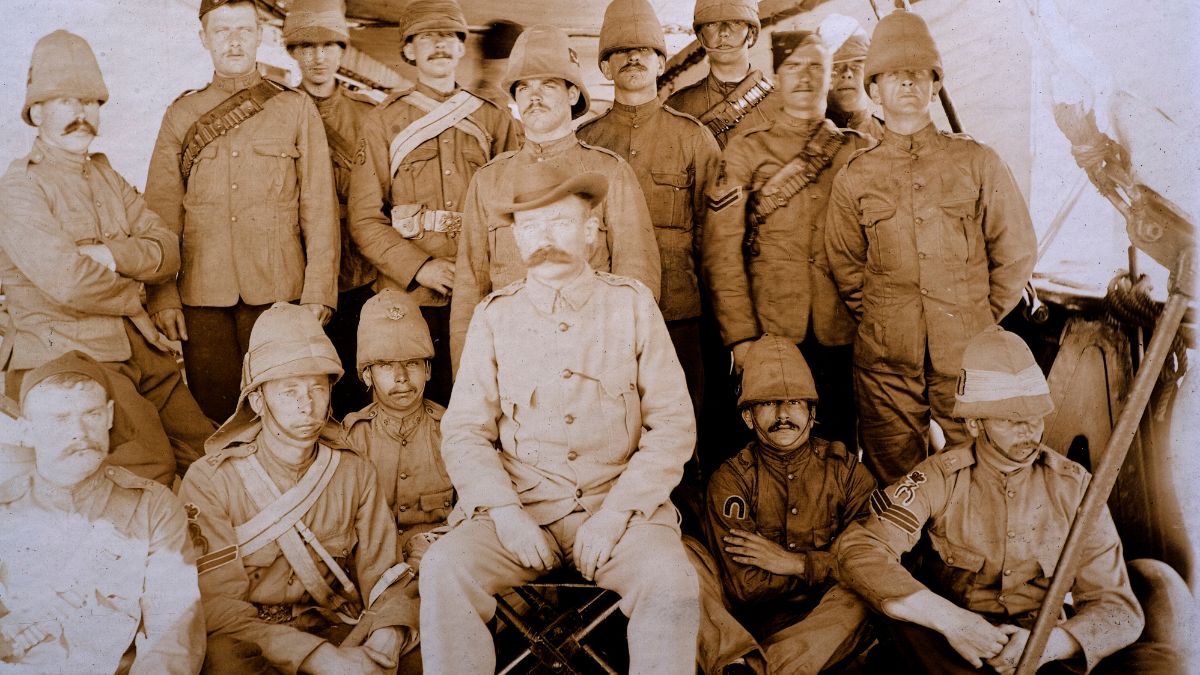Kalidasa (Classical Sanskrit Literature)
Kalidasa (Classical Sanskrit Literature)
The British Empire: Colonization and Impact

The British Empire: Colonization and Impact
The sun never set on the British Empire, a phrase that evokes images of vast territories, stretching from the foggy highlands of Scotland to the lush plains of India, the arid deserts of Africa to the bustling ports of Australia. It was an empire where diverse cultures, languages, and religions were bound together under the Union Jack, an empire that shaped the modern world in ways that are still being understood today.
The story of the British Empire is one of awe-inspiring scale and complexity. It began in the late 16th and early 17th centuries, with English sailors venturing across the seas, driven by the desire for new trade routes and the promise of untold riches. These early explorations laid the groundwork for colonies in the Americas, Asia, Africa, and Oceania. By the 19th century, Britain had become the dominant global power, its empire the largest in history.
The colonization efforts of the British were fueled by a potent mix of economic ambition, military prowess, and a sense of moral duty. The British believed they were bringing civilization, Christianity, and commerce to “savage” lands. This belief, often termed as the “White Man’s Burden,” justified the imposition of British culture, legal systems, and governance on indigenous populations. The impact of these actions was profound, leading to significant changes in the social fabric, economies, and environments of colonized regions.
The economic impact of British colonization was multifaceted. On one hand, it led to the development of global trade networks, the introduction of new crops and technologies, and the modernization of economies. On the other hand, it also resulted in the exploitation of colonized peoples and resources, the disruption of traditional industries, and the imposition of tariffs and trade restrictions that favored British interests. The legacy of economic inequality and dependency can still be seen in many former colonies today.
Culturally, the British Empire was both a destroyer and a creator. Indigenous languages, traditions, and social structures were often marginalized or obliterated, replaced by English language, law, and customs. Yet, the mingling of cultures also produced unique hybrid identities, cuisines, and artistic expressions that enrich the world to this day.
The political impact of British colonization is undeniable. The spread of the English language and British parliamentary systems has had a lasting effect on governance worldwide. Many former colonies still maintain political, legal, and educational systems based on British models. However, the path to independence for these territories was often fraught with struggle and conflict, leaving scars that have not fully healed.
In the grand tapestry of human history, the British Empire stands out as a monumental entity that reshaped the world in its image. Its legacy is complex, marked by achievements in governance, science, and culture, but also by the pain of those who suffered under its dominion. As we look back on the empire where the sun never set, we are reminded of the enduring impact of colonization and the interconnectedness of our global community.
The British Empire’s story is one of awe and wonder, a testament to human ambition and the desire to explore, conquer, and understand the unknown. It serves as a powerful reminder of the capacity for both greatness and grievance, urging us to reflect on our past as we navigate the future.